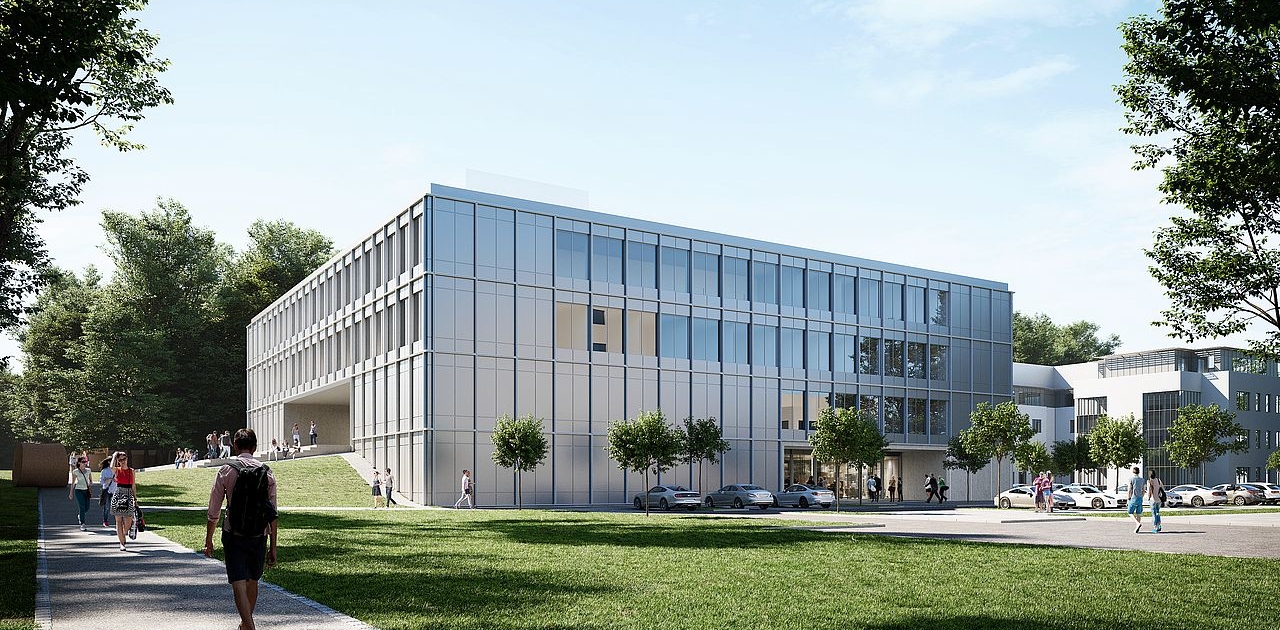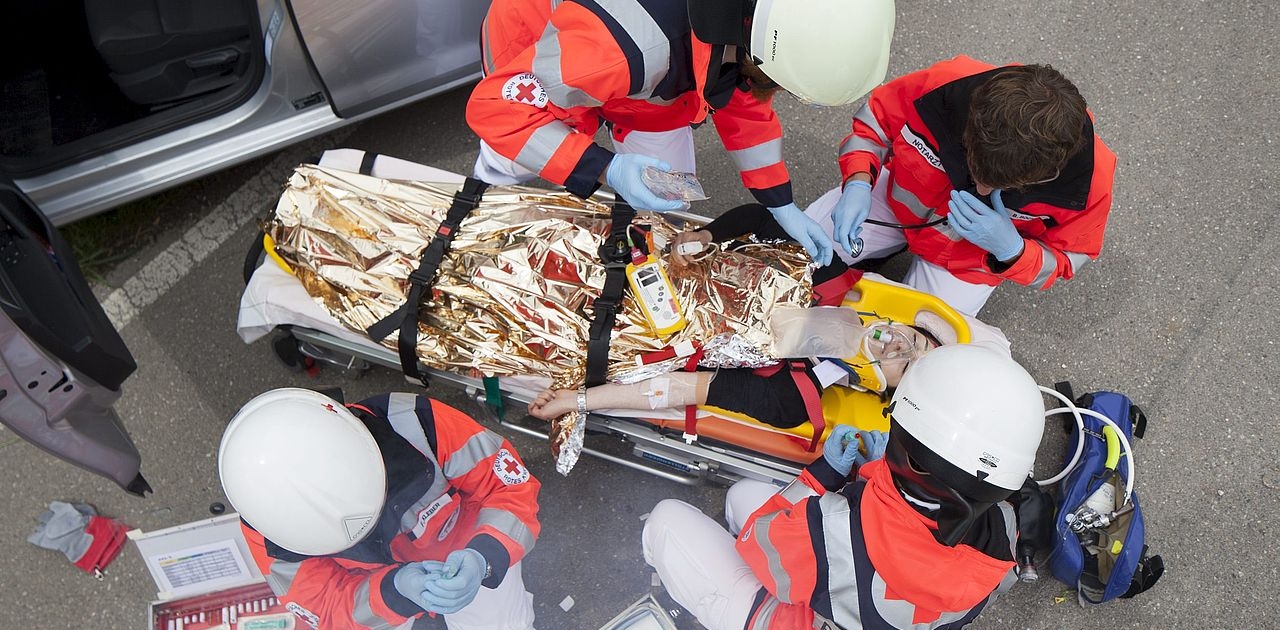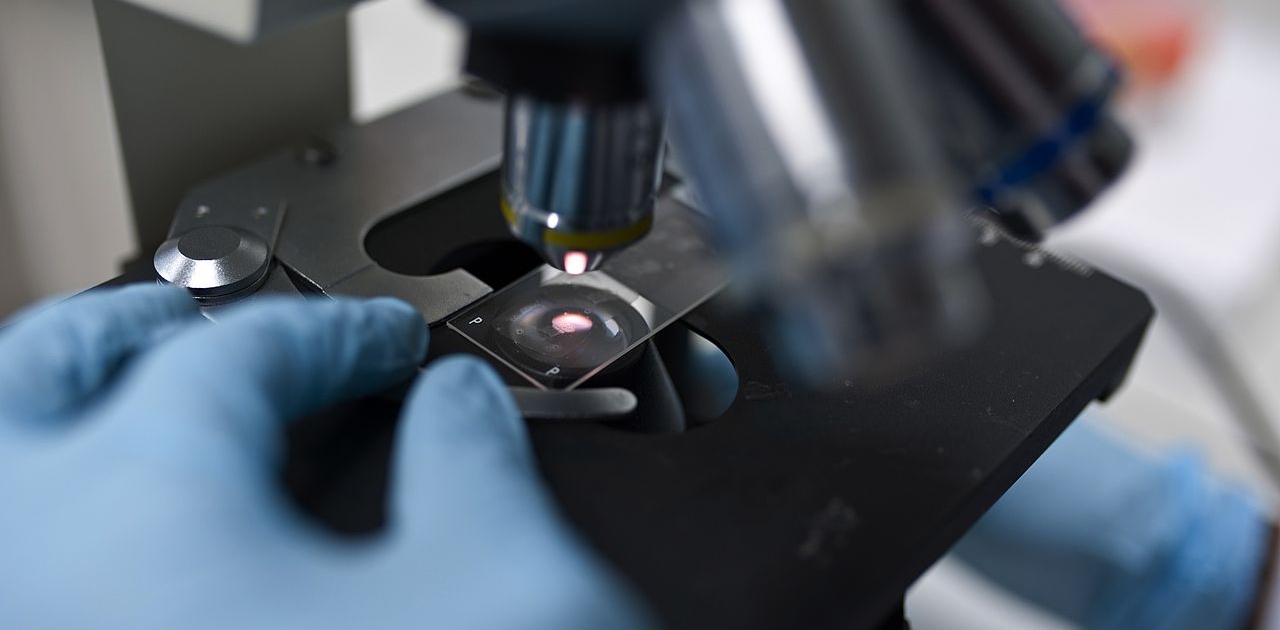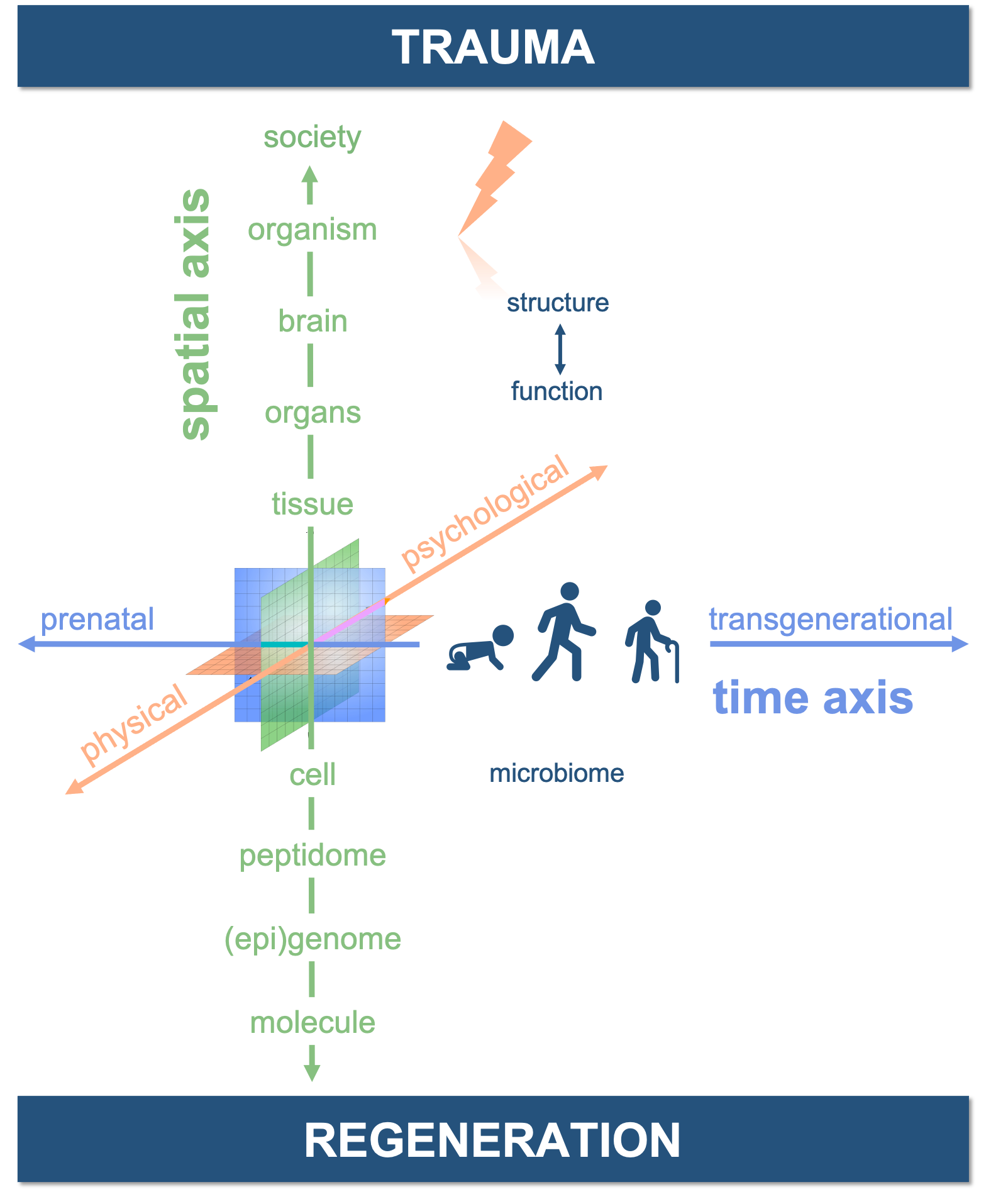Customized Research Infrastructure
Trauma, caused by accidents or violence, can impact individuals of all ages and medical backgrounds. Severe injuries are the main cause of death in adults under 45, leading to significant physical and psychological consequences. The high costs of treatment and rehabilitation make trauma a significant socioeconomic issue. However, research into the causes and effects of trauma often falls short in meeting society’s needs.
Complex Danger Response and Consequences of Tissue and Barrier Injuries
Tissue and barrier injuries trigger a complex danger response throughout the entire organism. Neuronal and immunological networks communicate and initiate molecular processes for regeneration and healing. The vulnerability and regenerative capacity of different organs vary, influenced by factors such as injury severity, age, gender and comorbidities. The danger response can lead to acute complications like infections and organ failure, as well as long-term physical and psychological damage. Epigenetic changes may even pass the consequences of trauma to future generations.
Advancing Trauma Research through Cross-Disciplinary Approaches
To gain deeper insights into the complex interdependencies of trauma, a cross-disciplinary research approach, as practiced in Ulm, is necessary. The research is built on the findings from the Collaborative Research Center (SFB) 1149 „Danger Response, Disturbance Factors and Regenerative Potential after Acute Trauma,“ funded by the German Research Foundation (DFG) since 2015. The Center for Trauma Research Ulm (ZTF) was established in 2015 as a virtual center by Ulm University to enhance trauma research, especially at the intersection of physical and psychological trauma.
Multidimensional Trauma
The „Multidimensional Trauma Sciences“ building, set to be completed by 2024, will bring together researchers from various disciplines to investigate trauma in multiple dimensions. This holistic and cross-disciplinary approach will encompass aspects ranging from molecular to societal levels and will connect the physical and psychological consequences of trauma.
Researchers aim to develop innovative mechanistic, diagnostic, and therapeutic principles, tailored to individual trauma patients and considering their entire lifespan, including potential effects on subsequent generations.
Contact
Prof. Dr.
Markus Huber-Lang
Markus.Huber-Lang@uniklinik-ulm.de






